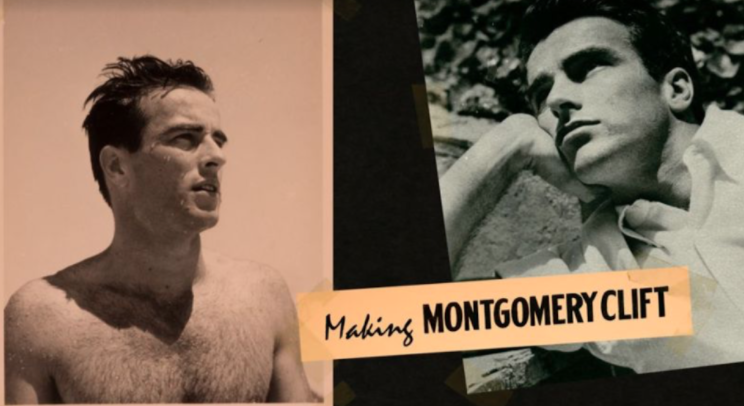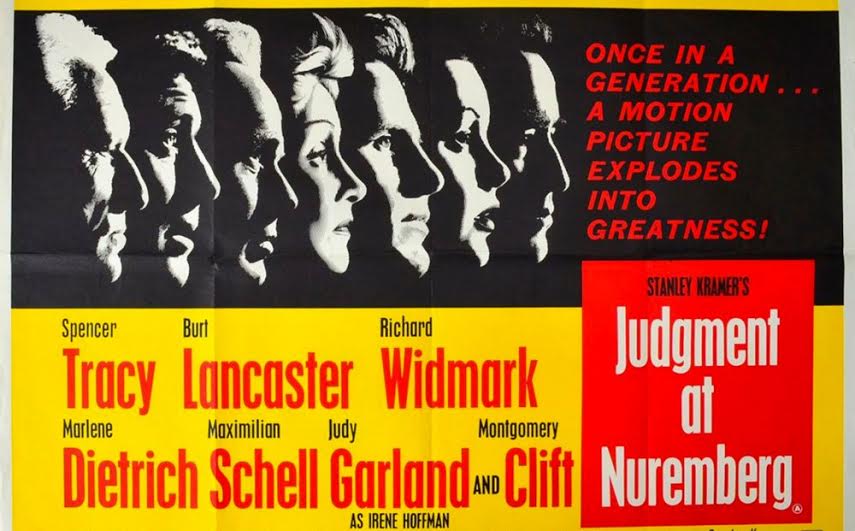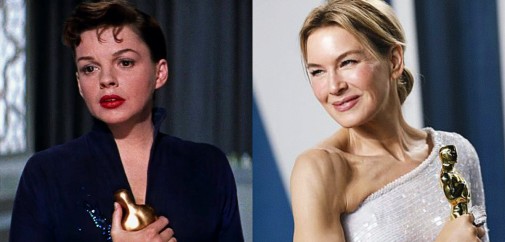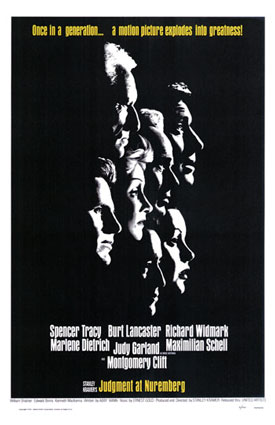Judy Garland @ 100: "Judgment at Nuremberg"
 Thursday, June 9, 2022 at 6:00PM
Thursday, June 9, 2022 at 6:00PM Team Experience is revisiting nine Judy Garland movies for her Centennial. Here's Christopher James on the star's second Oscar nomination.
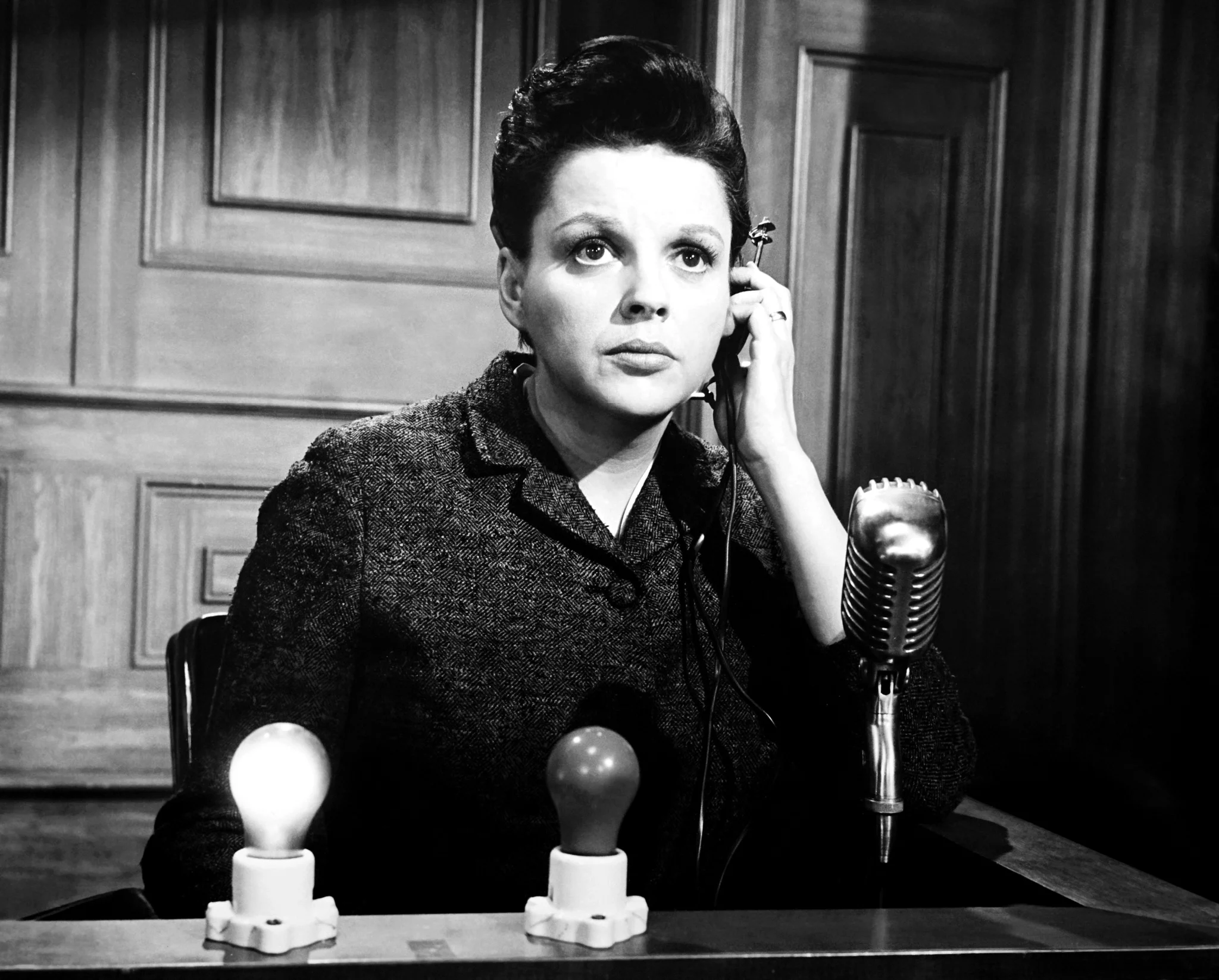 Judy Garland received a Supporting Actress nomination in 1961 for her three scene performance in "Judgment at Nuremberg."
Judy Garland received a Supporting Actress nomination in 1961 for her three scene performance in "Judgment at Nuremberg."
With a career that spanned over three decades, there were many points in which Judy Garland had to reinvent her image, intentionally or unintentionally. The other articles in this centennial celebration have examined Judy as the child star, the musical superstar and the complicated movie star. In conjunction with Claudio’s piece on A Star is Born, this later period of Garland’s career sought to deflect from her personal life through focusing on her powerful dramatic chops. Stanley Kramer’s Judgment in Nuremberg cast Garland in a new light… a supporting actress. However, her role as Irene Hoffman, a woman imprisoned as a teen for violating “racial pollution” law, is not short on fireworks. Garland delivers an impressive and affecting performance in just three short scenes. It's hard to argue against that year's winner (Rita Moreno for West Side Story), but Garland more than earns her Oscar nomination, the second and final of her career...



